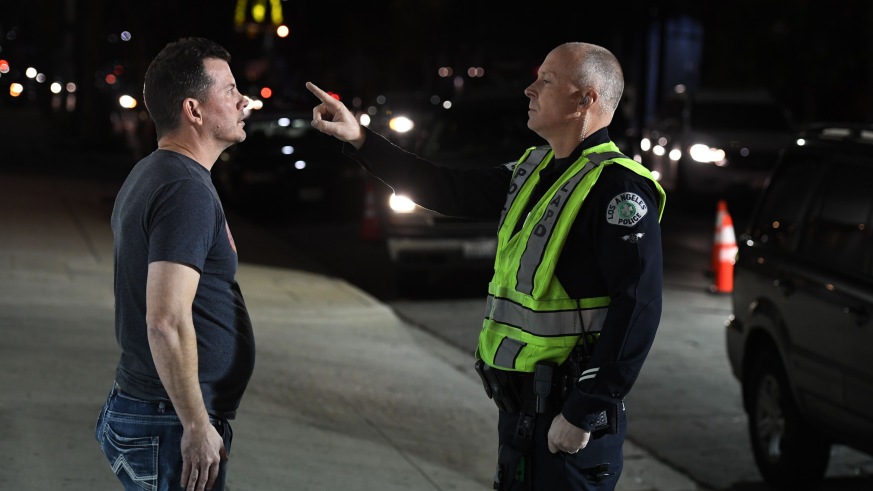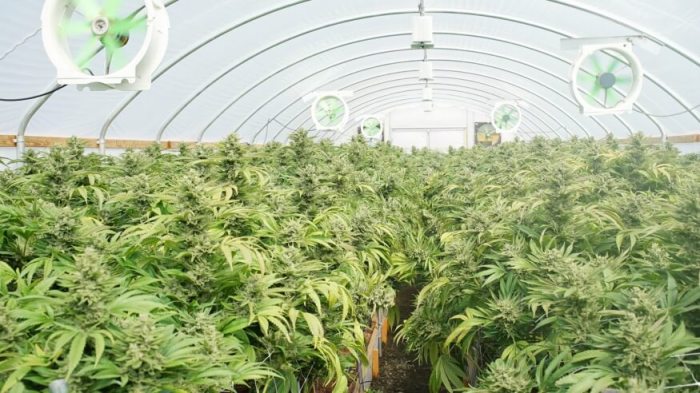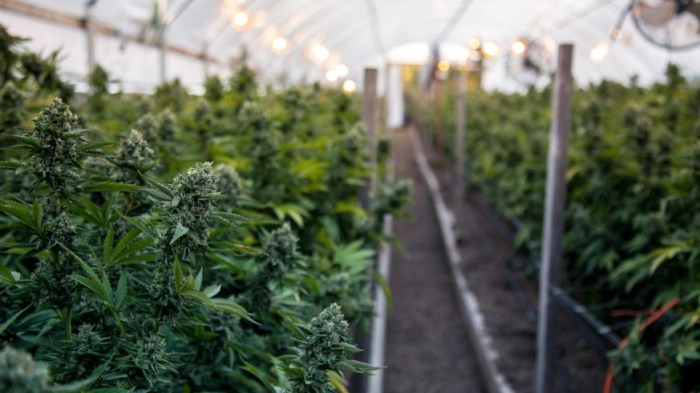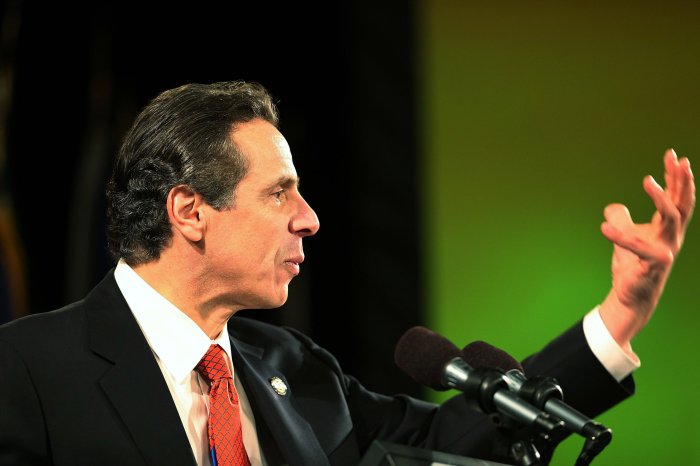Fresh on the heels of a 497-page report written by the state Cannabis Control Commission’s special commission on OUIs, Gov. Charlie Baker introduced a bill that would enact several changes to state law on driving while high endorsed by the board — some of which are strongly contested by civil libertarians as being overly intrusive and possibly unconstitutional.
Among the biggest proposed changes, the bill would extend the state’s “implied consent” laws to apply to cannabis. In other words, should an accused stoned driver refuse a test aimed at detecting marijuana in their system, they would face the same penalties as an alleged drunk driver refusing a breathalyzer test. In Massachusetts, that can earn you a license suspension of anywhere from six months to life, depending on your record.
Changes may be coming to Massachusetts’ driving while high on marijuana laws

Which, on its face, might seem pretty reasonable! Though the science is still out on the extent to which driving while high on marijuana— with some studies, it’s worth noting, downplaying comparisons to drunk driving — people shouldn’t be driving while they’re impaired on any drug. It makes sense to enact laws discouraging folks from driving while high, or evading a test to discover if they are.
The problem is: so far, no such empirically reliable test exists, at least not one anywhere near the consistency of an alcohol breathalyzer. Sure, blood tests can detect marijuana in your system, but not whether you imbibed it in the past 15 minutes or past month, and certainly not any precise level of intoxication. Saliva-based tests face similar hurdles, and, as a newer method, are also prone to both false positives and negatives.
Even Oakland-based Hound Labs — creators of a highly touted “weed breathalyzer” reportedly slated for testing in Boston — acknowledge their device would detect THC up to hours after smoking, which, for many users, is more than enough time to come back down.
Some in the scientific community question whether such a device is even conceptually possible, pointing to the fact that no reliable metric exists that can correlate a specific level of THC in a user with a level of impairment, in the way a blood alcohol concentration reading can.
“They want the equivalent of a breathalyzer for drugs, they want a silver bullet,” special commission member John Scheft told MassLive last month. “We don’t have it.”
That makes some advocates nervous. A representative from the Massachusetts ACLU was the sole “no” vote in a 8-1 vote against the recommendation, and other branches have sued their state over similar laws in the past.
For now, though, Baker’s bill will be taken up for consideration by a legislative committee, who will vote on whether the bill should proceed to a full floor vote — whether or not that will happen remains to be seen.

























